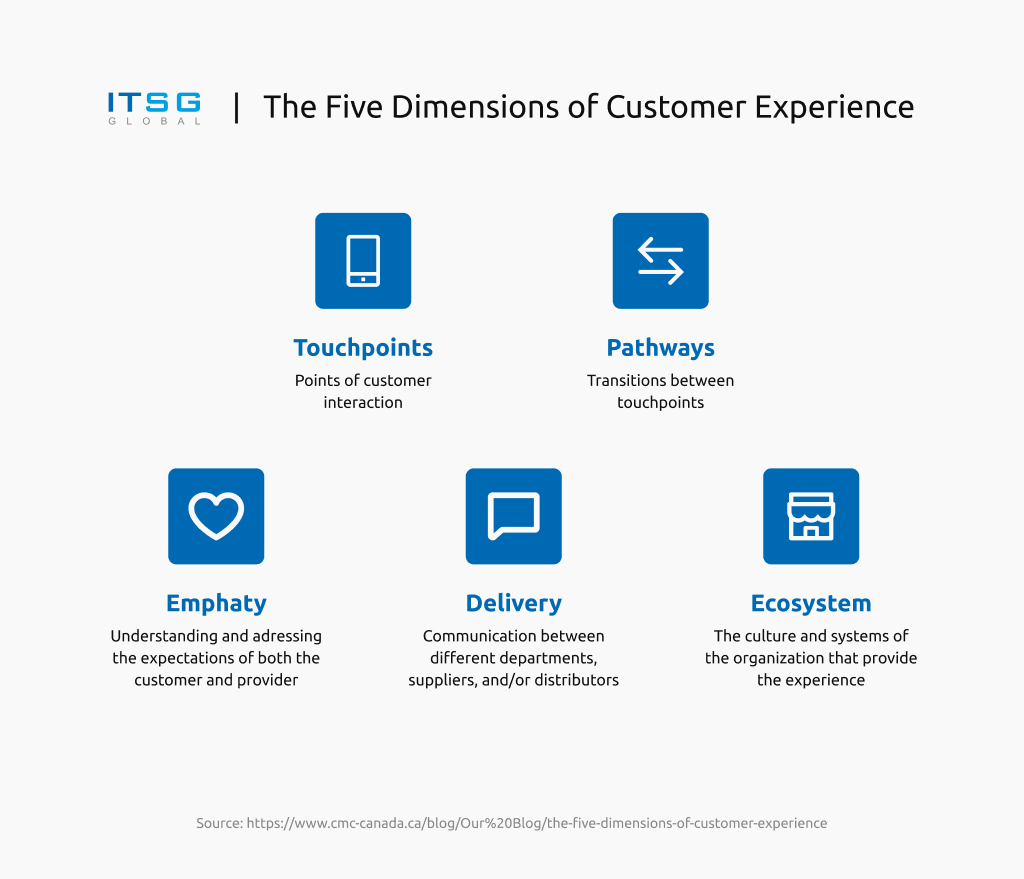12. Oktober 2023

Our audit was created to provide a wide, holistic evaluation of your customer experience starting from first interaction to post-sale support. The point of the audit is to identify bottlenecks, inefficiencies, and areas of opportunity, allowing the organization to modify its approach for maximum impact. The process of audit is data-driven to offer tailored recommendations that will be able to fit organizational goals.
WHY TO CONDUCT SUCH AN AUDIT
Customer experience is more than just finalizing a transaction and maybe getting a review afterward. For a vast majority of industries (if not all) there are plenty of companies with very similar products fighting for the client’s attention, so being a “good enough” seller or provider is not an option to survive on that kind of market. In order to increase satisfaction and build loyalty among clients, organizations need to understand as well as possible what their existing and hypothetical customers desire and react accordingly.
Good sellers and customer experience professionals are more than capable of getting a sale. One-time success is not enough, however. Also, the human factor has a role in that scheme because different representatives might get similar results (in numbers), but that’s thanks to their individual skills and being in touch with their clients. That doesn’t matter that any other seller working in the same area is going to get similar results.
While a customer experience professional probably can explain what customer experience is and that means they can train other people, that’s not audit. The audit is an inspection of a full range of customers’ experiences followed by an analysis, interpretation of obtained results, and recommendations for the future.

HOW IT’S DONE
A customer experience audit summarizes all touchpoints between a client a the company. The first step therefore is about identifying those points of contact and collecting data on how clients perceived the organization at different stages of knowing each other.
This is also why a seller or marketing specialist cannot do the same work – rarely there’s a single person in a company, that supervises all possible touchpoints or isn’t biased toward their field of expertise. A good (and proud in their profession) marketing professional might claim, that because their marketing strategy is brilliant it happens to bring a lot of attention to the company. At the same time sales representative might conclude, that signing the deal is the most relevant touchpoint. Customer experience auditors go through all those processes and collect data, which will result in an objective assessment of how clients perceive the organization and how it changes over time.
WHAT ARE THE BENEFITS
- the organization becomes aware of which touchpoints are graded the best (and the worst)
- that leaves space for improvement, it also becomes clear which stages of interaction have to be improved first
- different customer lifecycle stages are formally documented
- you get information on why your customers resigned / cancelled the order / didn’t order again and can determine if that decision was statistically relevant
- the organization gets to know which groups of customers are the most risky ones and which provide the biggest opportunity to sell
Author: Andrzej Wodnicki, Managing Director at ITSG Global





